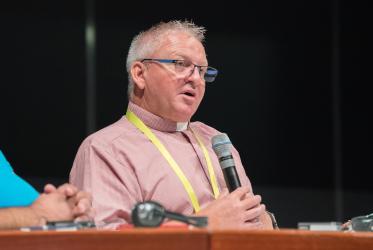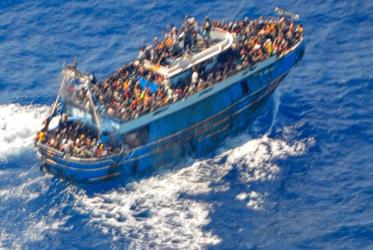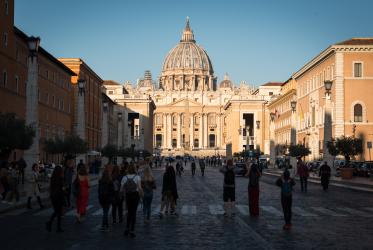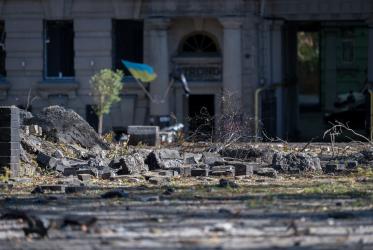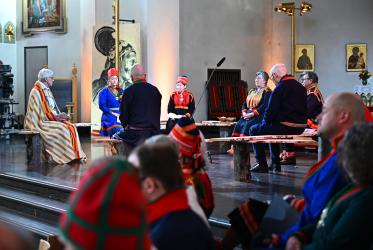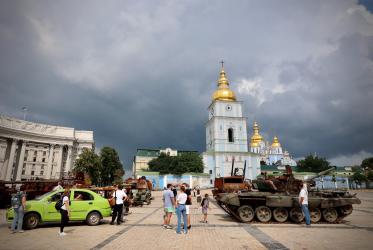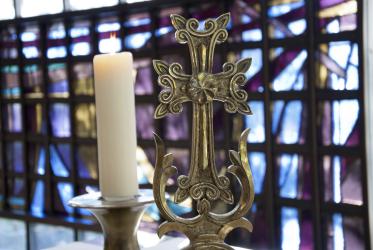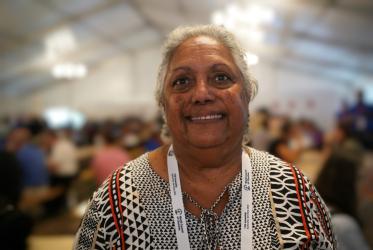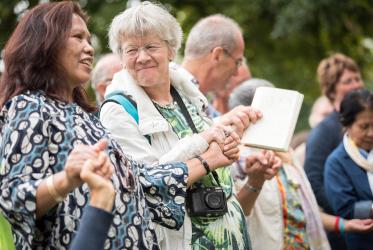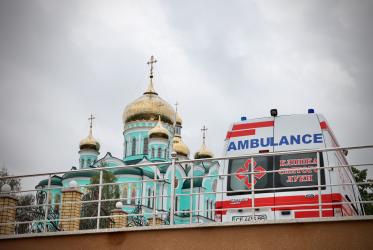Displaying 1 - 20 of 294
WCC denounces continuing attacks on civilians in Ukraine
16 January 2023
Church of Sweden apologizes to Sámi people, this time in Sápmi
27 October 2022
Ukraine: Responding to humanitarian need
08 September 2022
Promoting human dignity through art
06 September 2022
Indigenous women struggle for identity in Asia and beyond
05 September 2022
Women with disabilities want to belong in churches
31 August 2022
EDAN Pre-Assembly starts with induction of new members
29 August 2022
Monastery in Ukraine responds to the consequences of war
09 August 2022


